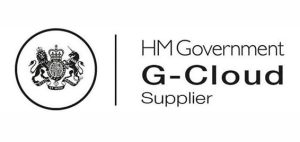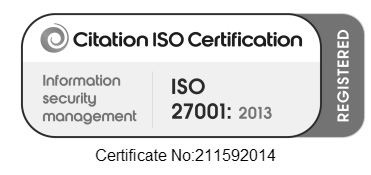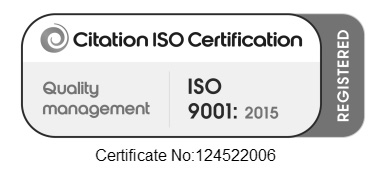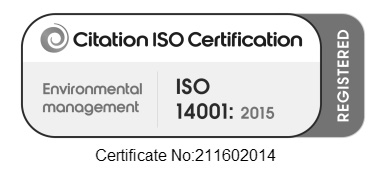A pandemic of a different variety is now plaguing businesses globally – ransomware attacks executed by sophisticated cyber criminals on both institutions and businesses alike.
Previously thought to only be the problem of large corporates or government bodies, no company is now safe from the ongoing threat that this type of attack poses.
In fact, according to IT Pro Portal, businesses in the UK each faced 686,961 breaches to their systems in 2020, with the Atlas VPN team also reporting that in the first half of 2021, ransomware attacks globally were up by 151% when compared to the previous period.
And, with online fraudsters only set to become more and more advanced, the forecast is bleak when it comes to the malware scourge.
But what is ransomware?
Ransomware is a piece of malicious software that, when installed on a computer or network, can effectively hold the owner of that system to ‘ransom’, as it blocks their ability to access it until a fee is paid to unlock it.
Typically, this type of software is installed unknowingly by an organisation’s employee, via phishing emails or via drive-by downloading, which is when a user visits a compromised website – often unwittingly – resulting in malware being downloaded and installed without their knowledge.
An alert will often show stating that they must pay a ‘ransom’ – and the fear and panic that ensues is what these cyber criminals use to get their victims to pay up.
So how can I avoid it?
It’s now that case that it’s not ‘if’ an attack will happen, but a question of ‘when’, so it’s important to take steps to both mitigate the risk — and have a plan in place to avert disaster should the worst happen.
We advise all businesses to:
There are more ways that a business can protect itself from an attack, and the advancement of anti-virus software – particularly in the field of artificial intelligence – will help to keep online criminals at bay. At Central, we’re experts in cyber security, and can take a holistic approach to your systems and people to minimise the risk of a ransomware attack.






Central Networks are a strategic technology partner. Excellent technology is a given, customer service, trust and long-term relationships are what drive our business. We support CEOs, Heads of IT, IT technicians and transformation directors to ensure technology provides an edge to their organisations.
Company No: 02604843
VAT: GB 562 6919 13